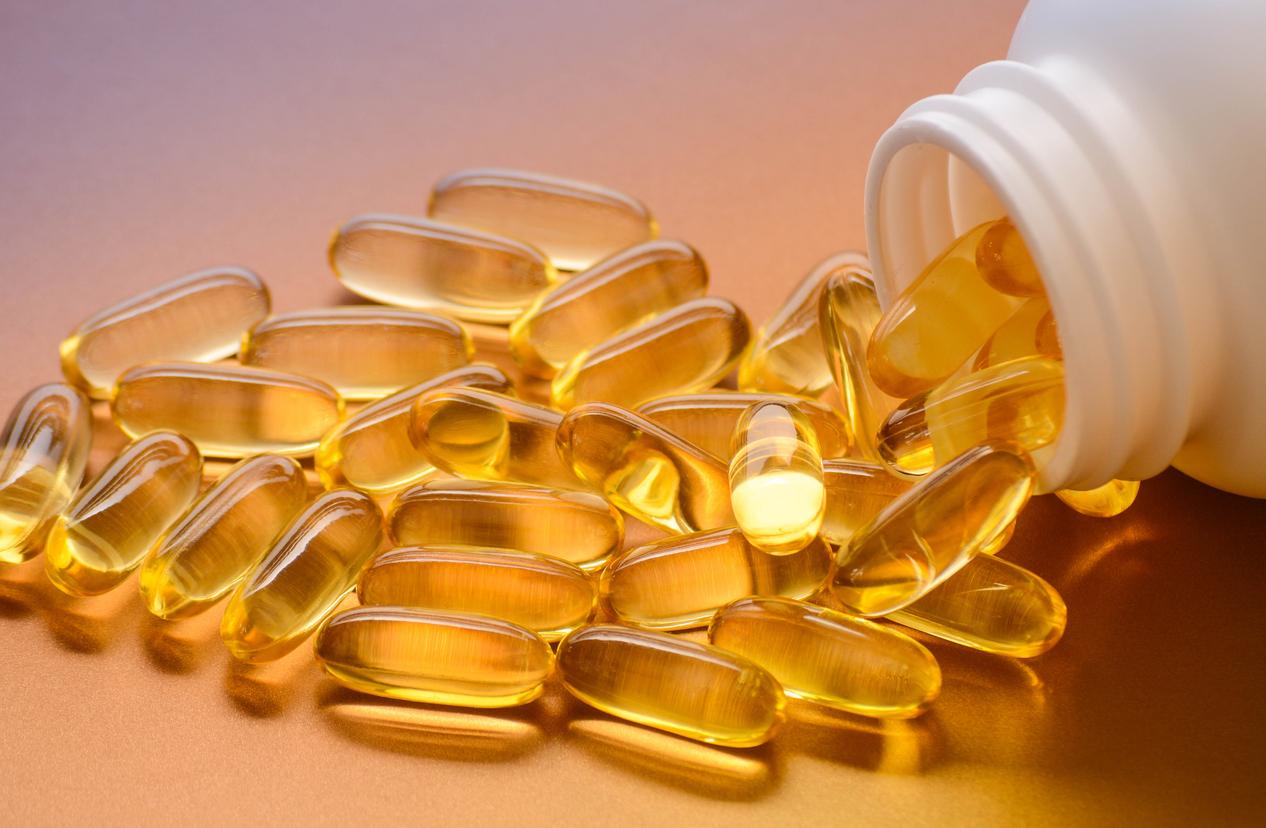Administration of a high dose of vitamin D did not produce significant effects in patients with moderate or severe forms of Covid-19.

- This is the first randomized clinical trial to assess the effects of vitamin D on Covid patients.
- Administration of a single high dose of vitamin D did not show a significant difference compared to a placebo
Vitamin D would not ultimately be the miracle cure that some had imagined against Covid-19. A study published in October 2020 in the Journal of Clinical Endocinology & Metabolism showed that patients who received supplements of this vitamin with multiple recognized benefits were less likely to develop severe forms of the disease. But new research conducted this time by Brazilian teams and published on February 17 in JAMA claims that the use of vitamin D to treat patients hospitalized with moderate to severe Covid does not provide superior efficacy compared to a placebo!
No reduction in hospital stay or other clinical outcomes
“This is the first randomized clinical trial to show these results”, underline the authors of this new study carried out by the School of Medicine of the University of Sao Paulo and the Ibirapuera field hospital which demonstrates “that ‘a single high dose of vitamin D did not significantly reduce length of hospital stay or improve other clinical outcomes in patients with moderate to severe Covid-19’.
The trial took place with 240 patients. This is a double-blind, randomized, placebo-controlled trial. Patients in the “vitamin D” group received a single dose of vitamin D dissolved in a peanut oil solution. Those in the placebo group were given a simple peanut oil solution. The two products administered were identical in taste, odor and consistency. Result: the median duration of hospitalization was not significantly different between the two groups, nor was the need for mechanical ventilation or hospital mortality.
Vitamin D may improve overall immune response
The postulate was that vitamin D can improve the overall immune response and that its deficiency is a potential risk factor for acute respiratory tract disease. “The main hypothesis was that a single dose of vitamin D would reduce the length of hospital stay, underline the authors of this trial. In addition, they add, a small non-randomized trial had demonstrated that regular administration of vitamin D before infection was associated with better survival and less disease severity in older Covid patients.”
The limits brought to the conclusions of this work by those who carried out this clinical trial relate essentially to the fact that the percentage of patients included in this work and presenting a deficiency in vitamin D was “lower than those reported in other cohorts” . In other words, the patients studied may simply not have needed vitamin D supplementation…
.

















